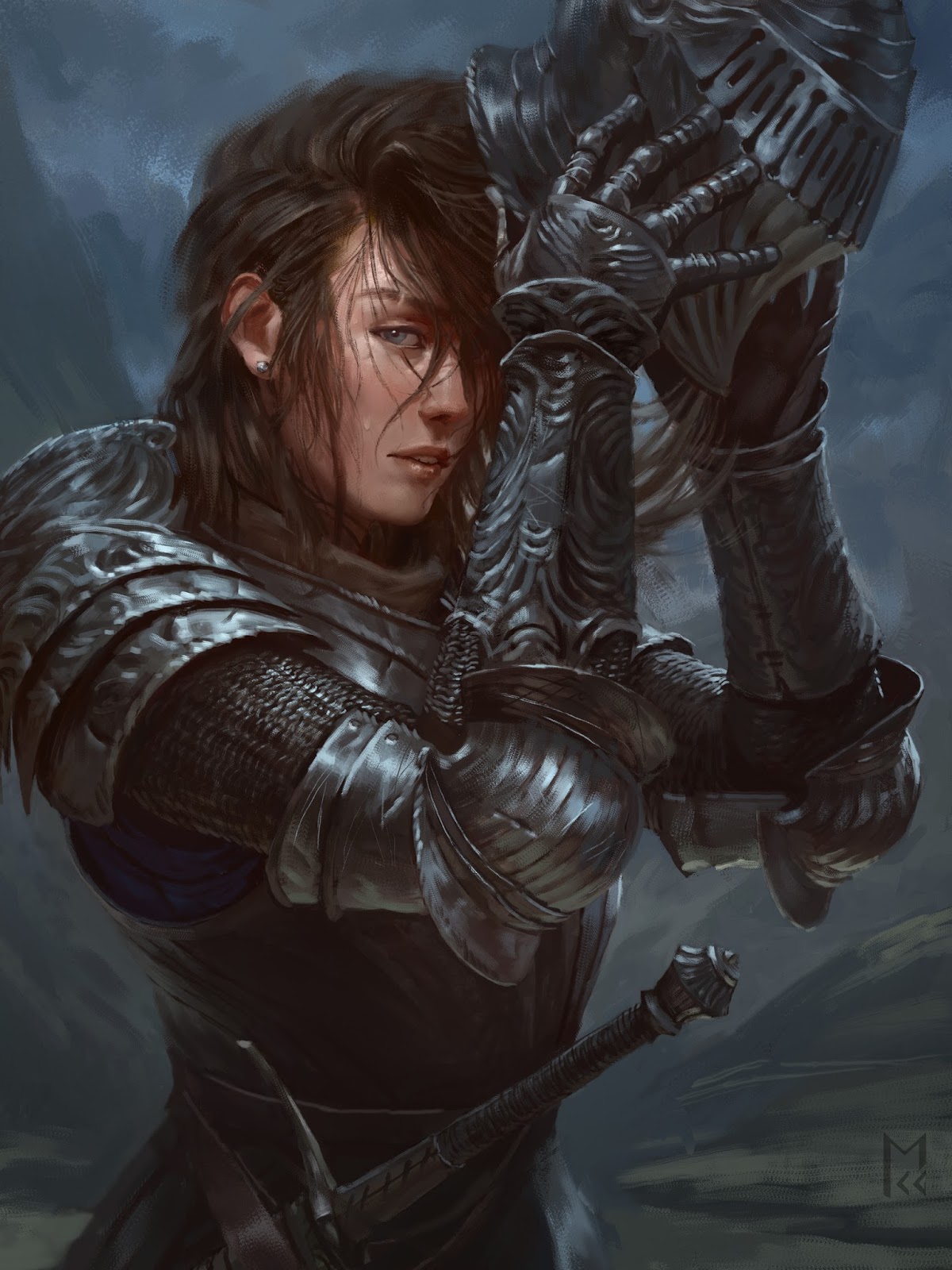Difference between revisions of "Polish (cantrip)"
Tao alexis (talk | contribs) |
Tao alexis (talk | contribs) |
||
| (4 intermediate revisions by the same user not shown) | |||
| Line 1: | Line 1: | ||
| − | [[File:Polish (cantrip).jpg|right| | + | [[File:Polish (cantrip).jpg|right|525px|thumb]] |
| − | '''Polish''' | + | '''Polish''' is a cantrip that restores the luster and smoothness of metal and wooden objects, removing chinks, scratches, grooves, tarnish and signs of wear. The affected material appears new and untouched, gleaming with a glossy sheen that reflects light in a way that suggests it has been well-maintained or never used at all. The dweomer does not strengthen or repair damaged items — it only improves their appearance. A blade marred by nicks will shine flawlessly but will still carry its weaknesses, and rotting wood may gleam like lacquered oak while remaining fragile beneath its polished exterior. |
{{Spelltable | {{Spelltable | ||
| Line 9: | Line 9: | ||
| casting time = 2 [[Action Points|action points]] | | casting time = 2 [[Action Points|action points]] | ||
| save = none | | save = none | ||
| − | | level = | + | | level = cantrip |
}} | }} | ||
| + | The cantrip also removes rust, tarnish and unnatural discolouration from metal, as well as water stains and blemishes from wood. Grit, oil and dust are eradicated, improving brightness and clarity. Certain materials, such as brass, silver, gold and mithril, reflect light with exceptional clarity, often producing a brilliant gleam under the right conditions. This surface may be used to catch and reflect light, producing a momentary flash that can be seen at a distance. | ||
| − | + | A polished blade will be moderately sharper for a brief period, causing +1 [[Damage (hit points)|damage]] on the first successful hit it makes after Polish is used. This bonus applies only once before the edge dulls through contact. The experience gained from this hit accrues to the caster, even if they are not wielding the weapon themselves. | |
| − | + | While Polish enhances an item's appearance and sharpness, it does not repair broken or cracked objects. Structural weaknesses remain, even if the outer surface appears flawless. A brittle sword will still shatter under strain, a weakened shield will still splinter upon impact and rotted wood will crumble if pressure is applied. Though the cantrip gives the illusion of pristine condition, the object's true durability remains unchanged. | |
| − | + | The cantrip does not affect fabric, stone or other materials and its effects are purely superficial. Though valuable for ceremonies, trade, deception or temporary combat advantages, it offers no long-term protection or reinforcement against damage. | |
See [[Useful Cantrips]] | See [[Useful Cantrips]] | ||
| − | [[Category: Cantrips]] | + | [[Category: Cantrips]][[Category: Reviewed]] |
Latest revision as of 20:57, 4 February 2025
Polish is a cantrip that restores the luster and smoothness of metal and wooden objects, removing chinks, scratches, grooves, tarnish and signs of wear. The affected material appears new and untouched, gleaming with a glossy sheen that reflects light in a way that suggests it has been well-maintained or never used at all. The dweomer does not strengthen or repair damaged items — it only improves their appearance. A blade marred by nicks will shine flawlessly but will still carry its weaknesses, and rotting wood may gleam like lacquered oak while remaining fragile beneath its polished exterior.
| Range | 10 ft. |
| Duration | permanent |
| Area of Effect | 1 object |
| Casting Time | 2 action points |
| Saving Throw | none |
| Level | cantrip |
The cantrip also removes rust, tarnish and unnatural discolouration from metal, as well as water stains and blemishes from wood. Grit, oil and dust are eradicated, improving brightness and clarity. Certain materials, such as brass, silver, gold and mithril, reflect light with exceptional clarity, often producing a brilliant gleam under the right conditions. This surface may be used to catch and reflect light, producing a momentary flash that can be seen at a distance.
A polished blade will be moderately sharper for a brief period, causing +1 damage on the first successful hit it makes after Polish is used. This bonus applies only once before the edge dulls through contact. The experience gained from this hit accrues to the caster, even if they are not wielding the weapon themselves.
While Polish enhances an item's appearance and sharpness, it does not repair broken or cracked objects. Structural weaknesses remain, even if the outer surface appears flawless. A brittle sword will still shatter under strain, a weakened shield will still splinter upon impact and rotted wood will crumble if pressure is applied. Though the cantrip gives the illusion of pristine condition, the object's true durability remains unchanged.
The cantrip does not affect fabric, stone or other materials and its effects are purely superficial. Though valuable for ceremonies, trade, deception or temporary combat advantages, it offers no long-term protection or reinforcement against damage.
See Useful Cantrips
